How Has Technology Changed Us in the 21st Century – And Did We Even Notice?
It’s 8:20 am. You’re staring at your phone – again. Just checking the news, or the weather, or replying to a quick message. Maybe scrolling through Instagram or TikTok for something vaguely uplifting. Nothing unusual about that. Except the average adult now spends over six hours a day staring at screens. That’s over 90 full days a year, eyes […]
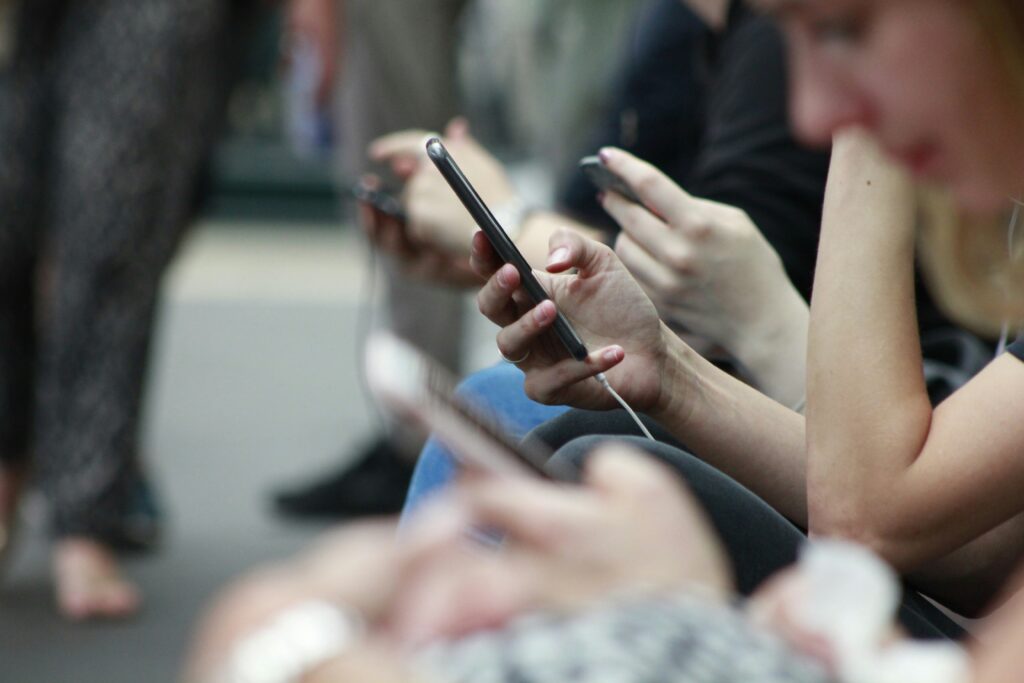
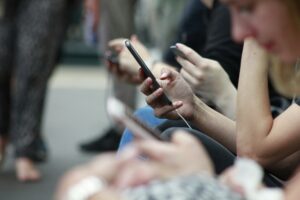
It’s 8:20 am. You’re staring at your phone – again. Just checking the news, or the weather, or replying to a quick message. Maybe scrolling through Instagram or TikTok for something vaguely uplifting. Nothing unusual about that. Except the average adult now spends over six hours a day staring at screens. That’s over 90 full days a year, eyes locked to pixels. We’re not just using technology anymore – we’re living through it.
And while we were busy being connected, informed, entertained, tracked, prompted, tagged and nudged – something fundamental has shifted. Quietly, without warning, technology began shaping not only how we work or play – but who we are. Our behaviours, our relationships, our attention spans, our decisions, our very identities. The most pressing question, I believe, isn’t “What has changed?” but rather: Did we even notice it happening?
Technology Is Rewriting Human Behaviour
At The Sustainable Human, our focus is human skill – real, lived, face-to-face, emotionally intelligent skill. Because we’re living in a time when our most natural human strengths – communication, critical thinking, empathy, trust – are under increasing pressure from technologies that don’t care whether we lose them. And let’s be honest the tech oligarchs probably wouldn’t mind if we did.
From smartphones to AI, the 21st century has introduced tools that are not neutral instruments. They guide, persuade, and even manipulate our choices. Let’s take a closer look at what’s changed – and what it means for us.
The Tech That’s Rewiring Us
Smartphones: The Pocket-Sized Behaviour Engine
There’s a reason so many of us feel permanently distracted. Smartphones – especially when paired with constant notifications – are designed to grab and hold our attention. Social media, dating apps, and video platforms exploit psychological triggers to keep us engaged far beyond what’s healthy or normal.
We’ve shifted from capturing moments to curating them. A sunset is no longer something you quietly appreciate; it’s something you photograph, filter, and broadcast – all before you’ve had a chance to experience it. That overuse of cameras and sharing may leave our most vivid memories not in our minds, but scattered across feeds. In fact, studies show that participants who photograph events recall less detail than those who simply looked; the camera becomes a distraction, not a tool of remembrance Telegraph Vox.
We’re seeing more vertical compositions and distant shots, often inspired by what looks good online—not what feels intimate or real The Conversation. And critics argue that phone cameras are altering how we perceive—and value—ourselves and each other Reddit SAGE Journals.
All the while, life is happening around us. That’s the trade-off: we’re more connected, yet paradoxically more present in our headspaces than in the moment.
AI and Automation: The Invisible Hand Behind the Screen
From Spotify to Netflix, Google to ChatGPT, AI is now the silent copilot in our digital experience. It predicts what we want to see, hear, or buy – often before we even know we want it.
But here’s the rub: when algorithms feed us only what we like—or agree with—they can slowly narrow our worldview. Opinions are reinforced, not challenged. Creativity is influenced, not entirely selfdirected. In a world full of generative AI and deepfakes, even our sense of reality is open to manipulation.
We’re outsourcing more than just tasks – we’re outsourcing thought, decision-making, and increasingly, even our imaginations.
When Tech Replaces the Human Touch
Technology doesn’t just nudge us—it replaces us. Across retail and customer service, chatbots, AI agents, and cashierless systems are increasingly filling roles humans once held. Notably, AI agents now interact contextually and proactively—linking to live stock systems, personal histories and offering seamless support Today News.
Meanwhile, supermarkets have leaned heavily into automation. Some, like Morrisons, have deployed robots to manage shelf inventory; others rely on cameras and robot packers to monitor stock and cut costs The Guardian. In response, chains such as Booths and Asda in the UK have reinstated human cashiers, acknowledging that machines can’t replicate human empathy and connection The Guardian. It’s a potent reminder that in many corners of life, people still long for—and respond to—the human touch.
The Age of Instant Everything
Subscription and ondemand platforms have given us everything now. Whether it’s a new show, a takeaway curry, or a SaaS platform that promises to “10× your workflow,” convenience has become king.
But with instant gratification comes an erosion of patience, resilience, and the simple joys of anticipation. We’re not just consuming differently – we’re becoming different people while we do it. Shortform content breeds short attention spans; the craving for immediacy is reshaping our brains and habits ijsrem.com Psychology Today+1Kozminski Techblog.
Delivery culture punctuates this further. The instantaneous arrival of groceries, meals or anything we desire feeds into something primal—a rewardseeking loop hard-wired into our minds Forum for the Future. It’s fast, it’s addictive, and while delightful, it distances us from delayed fulfilment—an essential counterbalance to desire.
Smart Homes, Dumb Habits?
Smart tech and the Internet of Things are rapidly automating our lives. From Alexa switching on your lights to your Apple Watch monitoring your heartbeat, we’re becoming more connected—and more monitored—than ever before.
Yes, these tools offer comfort and efficiency. But they also change our relationship with privacy, independence and even health. The data trail we leave behind is rich, revealing, and, let’s be honest, commercially very useful to the companies who own it.
Productivity Culture: The Performance of Efficiency
Digital calendars, task apps, and habit trackers promise to optimise our lives. They’re useful – of course – but they come with an unspoken cost: the pressure to always be “doing.”
Selfworth is increasingly measured in deliverables. And while we may be more efficient, we’re also more anxious, more fatigued, and more disconnected from rest, reflection and even from each other.
Surveillance, Data, and the Erosion of Autonomy
Facial recognition. Biometric IDs. Location tracking. In the name of security and convenience, we’ve surrendered more personal information than any generation before us.
And it’s worth asking: how does it affect our behaviour when we know we’re being watched? Young Brits report discomfort with frontline workers wearing bodyworn cameras, even though they’re digitally fluent—suggesting that seeing the camera can change how we behave, not just being filmed online Rail UK.
The Upside: What Technology Has Given Us
It’s not all doom and gloom. Far from it. Technology has made life easier, faster, and more connected. It’s allowed us to:
- Stay in touch with loved ones across continents.
- Access knowledge and education at a scale never before possible.
- Start businesses from bedrooms.
- Learn new skills, languages, even instruments, from a single device.
It’s made the world smaller. More accessible. More open. But like any tool, its value lies in how we use it – and how it uses us.
The Downside: What We’ve Lost Along the Way
The shadow side of our digital world is growing harder to ignore.
- Social media is linked to rising anxiety, loneliness, and depression.
- Our attention spans have dramatically declined.
- We increasingly live through screens instead of through experiences.
Many of us feel overwhelmed. Disconnected. Exhausted. We’re saturated with information but starved of meaning, conversation, and connection. The emotional cost is becoming too high to ignore.
The Ugly Truth: Consequences We Didn’t See Coming
Technology, in its rush to innovate, rarely pauses to ask, “Should we?”
- Misinformation spreads faster than facts.
- Deepfakes and synthetic media blur truth and fiction.
- Algorithms quietly segregate and polarise us.
- Data breaches, manipulative design, and digital addiction are now features, not bugs.
These are not fringe issues. They are fundamental to the future of human dignity, autonomy, and social cohesion.
We’ve Been Here Before – Sort Of
It’s worth remembering that every major technological shift – from the printing press to the television – has sparked moral panic and cultural recalibration.
The bicycle, believe it or not, was once seen as dangerous to women’s reproductive systems. Radio was feared for corrupting young minds. The telephone was accused of destroying in-person conversation.
Humans are resilient. We adapt. But we must also learn. Fast.
Reclaiming Our Humanity: A Path Forward
This is why I created The Sustainable Human.
Not as a nostalgiafuelled retreat from tech, but as a training ground for what it means to be fully human in a digital world. The skills we need now aren’t technical – they’re human:
- Listening and giving your full attention
- Connecting with people and really seeing them.
- Asking better questions.
- Making sense of what’s real and what’s not.
- Building trust.
- Staying calm when everything’s speeding up.
- Getting more of the rewards of being a real human
In our live events, we train people to reconnect with these essential human faculties – because they’re not luxuries. They’re survival skills for a future that’s already here.
Looking Ahead: Hope in the Age of AI
Yes, AI is accelerating. Generative tools will transform industries, jobs, education—even relationships. But that doesn’t mean we roll over. It means we rise to the occasion.
This new chapter will belong to those who can integrate tech without losing themselves in it. To those who understand that the most valuable skill in the age of machines… is being unmistakably human.
Final Thoughts
Technology is not destiny. It’s direction. And we still have the power to choose how we walk the path ahead.
At The Sustainable Human, our mission is to equip people—not with apps or hacks or shortcuts—but with the deep, enduring skills that make life richer, relationships stronger, and society more resilient.
If you’re ready to rediscover the strength of your own humanity—to think clearly, speak honestly, and connect meaningfully—then perhaps it’s time to join us.
Because in a world racing towards automation, the most radical thing you can do… is be fully alive.
Tags
No tags assigned to this post.
You may also like
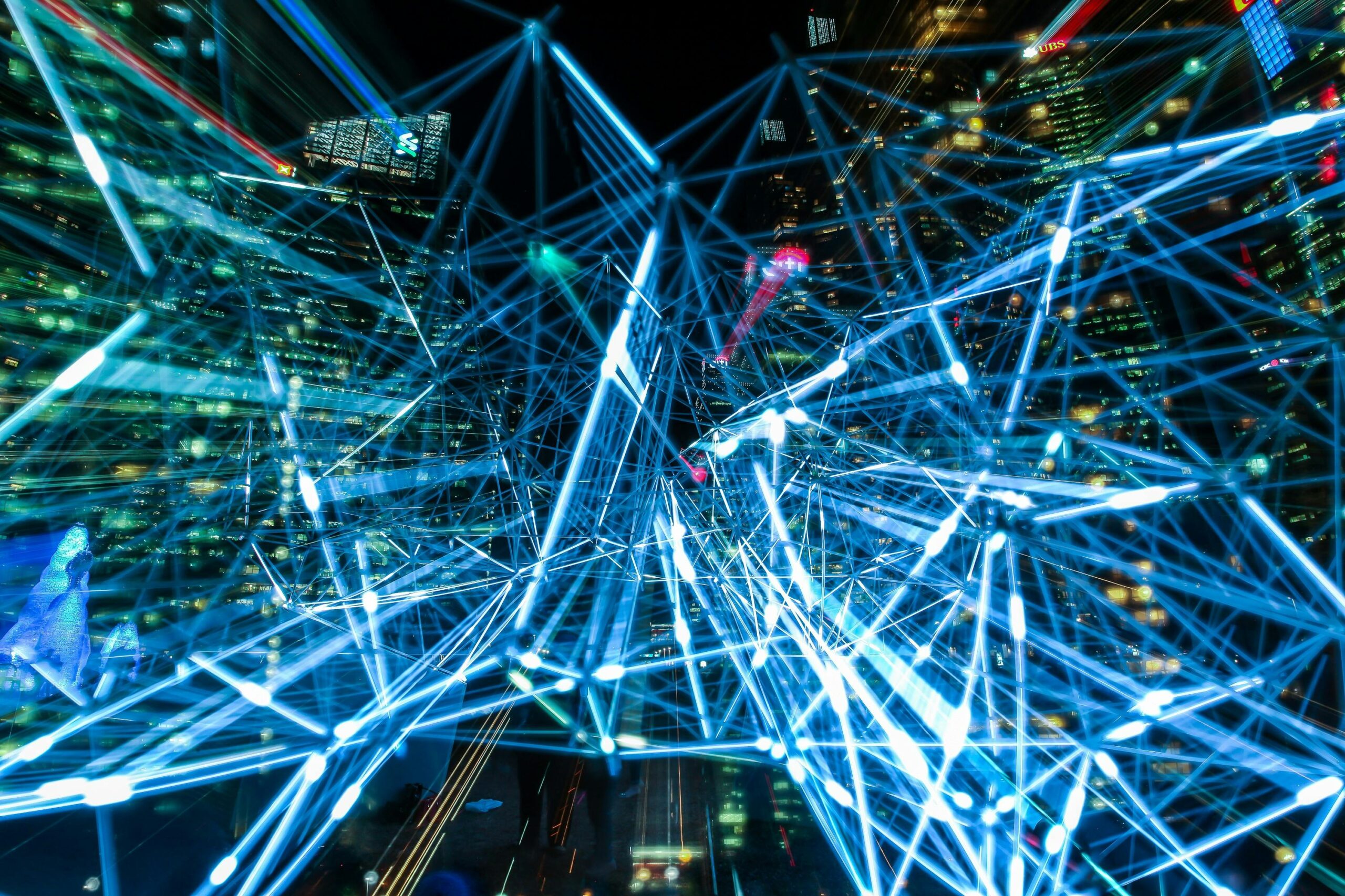
We are living in extraordinary times. The promise of artificial intelligence in particular your own AI assistant heralds a future where tasks are faster, smarter, seemingly simpler. But as someone who has spent the last 27 years trying to help humans connect with each other I find myself increasingly concerned. Because behind the shiny surface […]
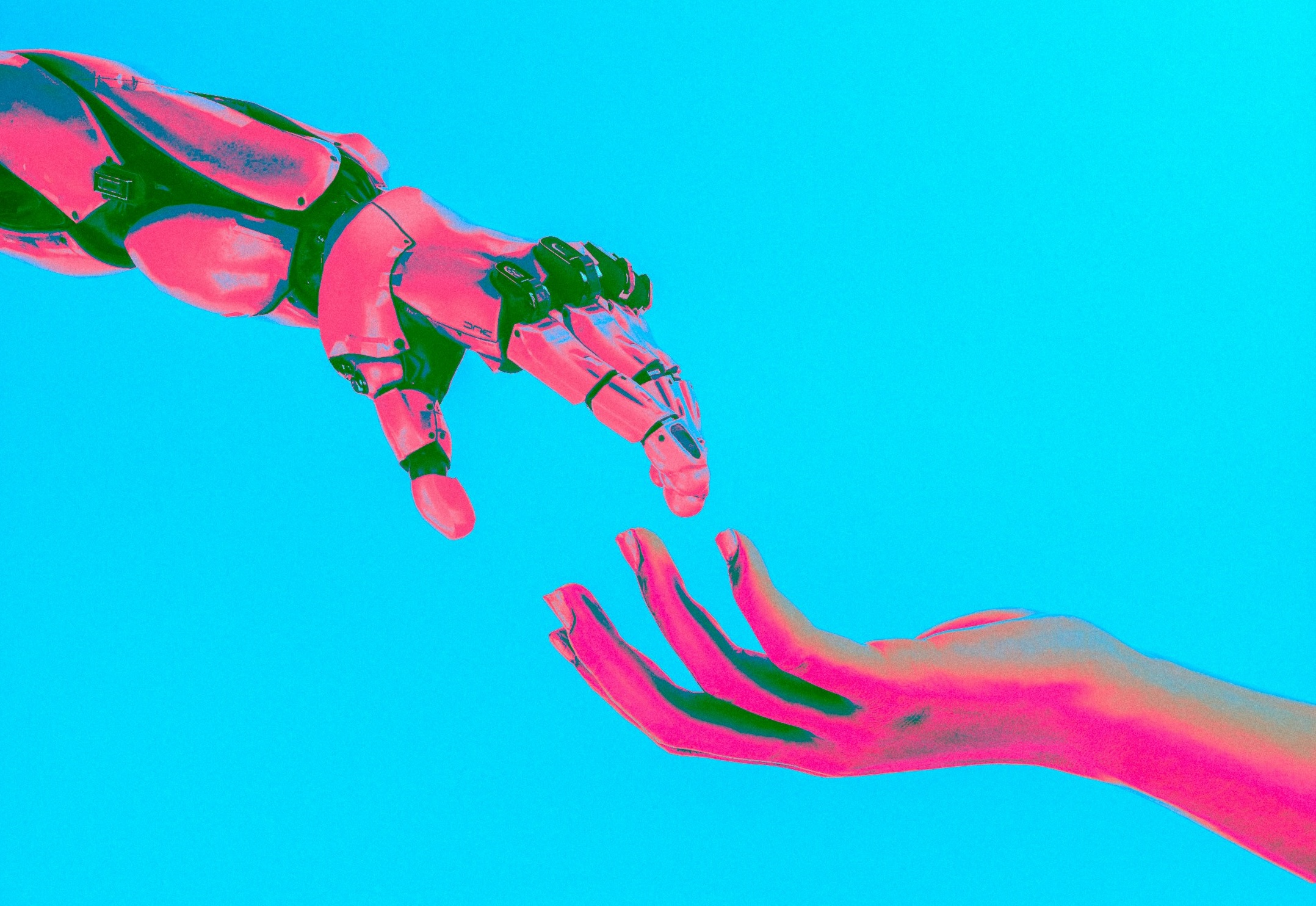
There are moments in life when we look up from whatever you are doing and realise we’ve quietly crossed a line. The world around us has changed – not dramatically, – but gradually, imperceptibly, until the air feels different. I feel it, the culture feels it and I’m sure you feel it too. Artificial Intelligence […]
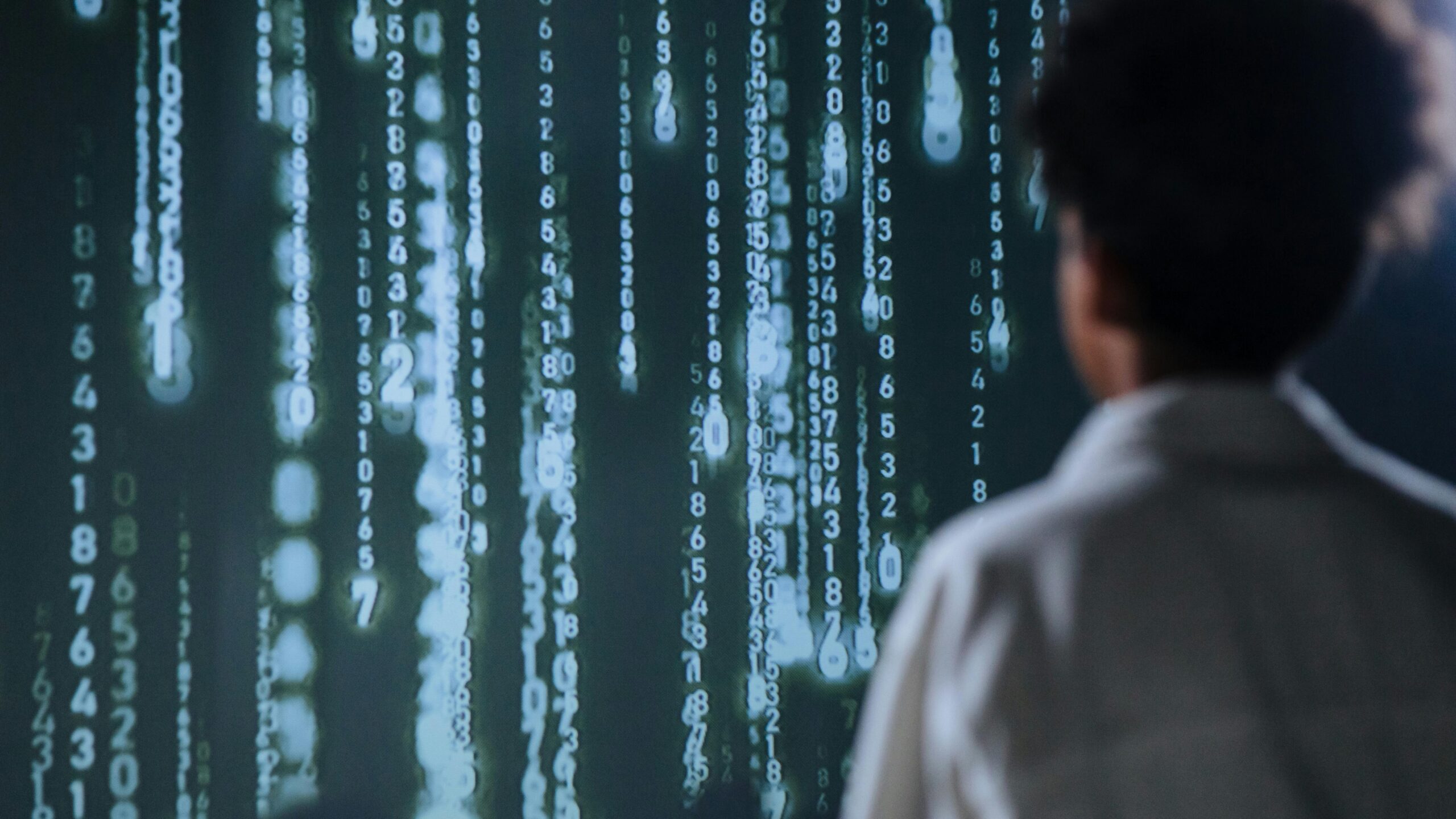
There’s a good story in every technological revolution: the promise of ease, the gleam of novelty, and if we’re honest the creeping cost that arrives almost imperceptibly. AI is that story writ large. It offers astonishing capabilities, but it also nudges us towards a subtler, more dangerous loss: the hollowing out of what makes life […]
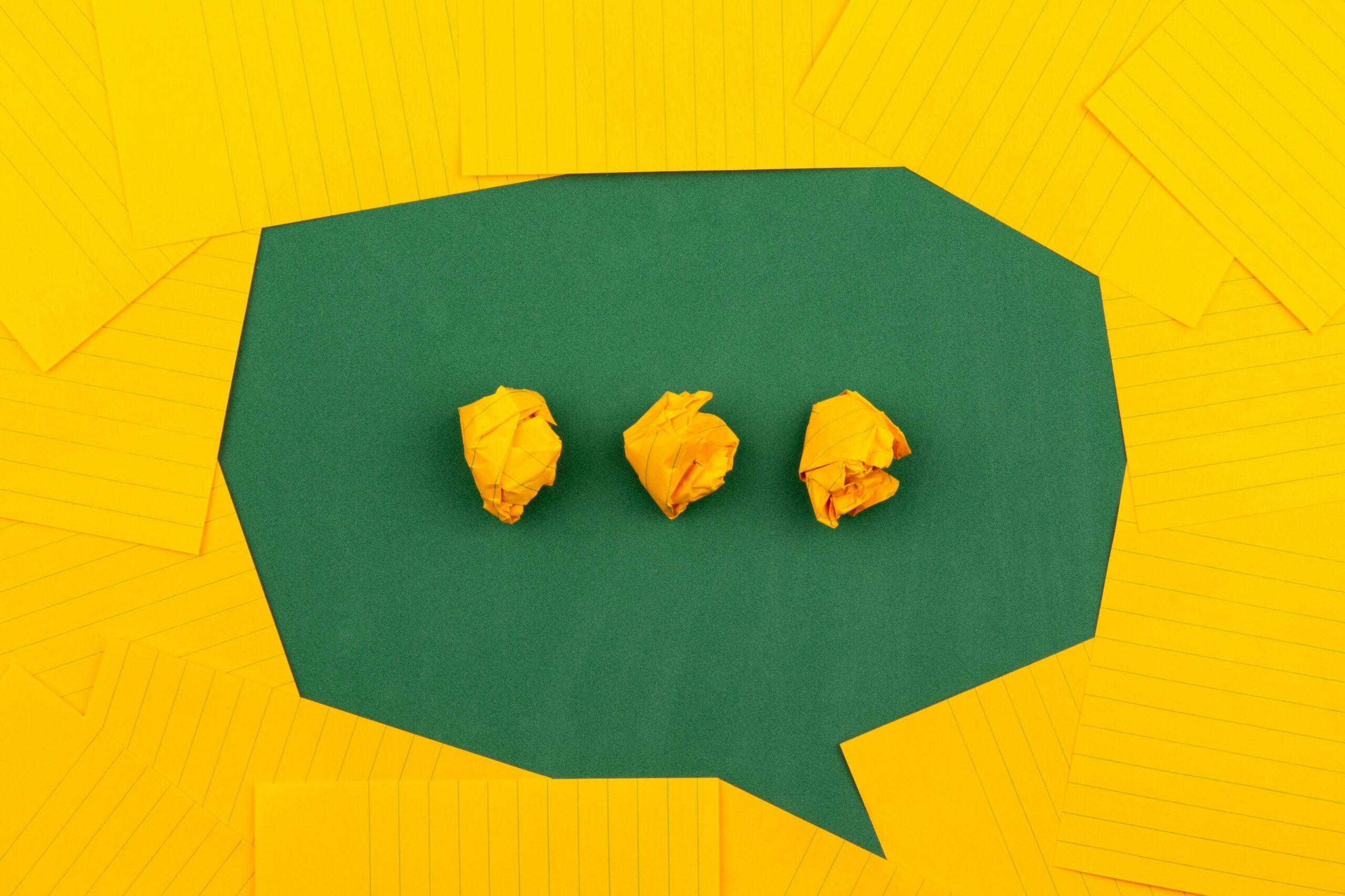
Introduction We live in a world that moves fast. Too fast. In this relentless pursuit of efficiency, convenience, and productivity which has been turbocharged by technology, something fundamental is slipping through our fingers our ability to truly connect with one another. You know what I mean, the kind of communication that reminds us of our […]